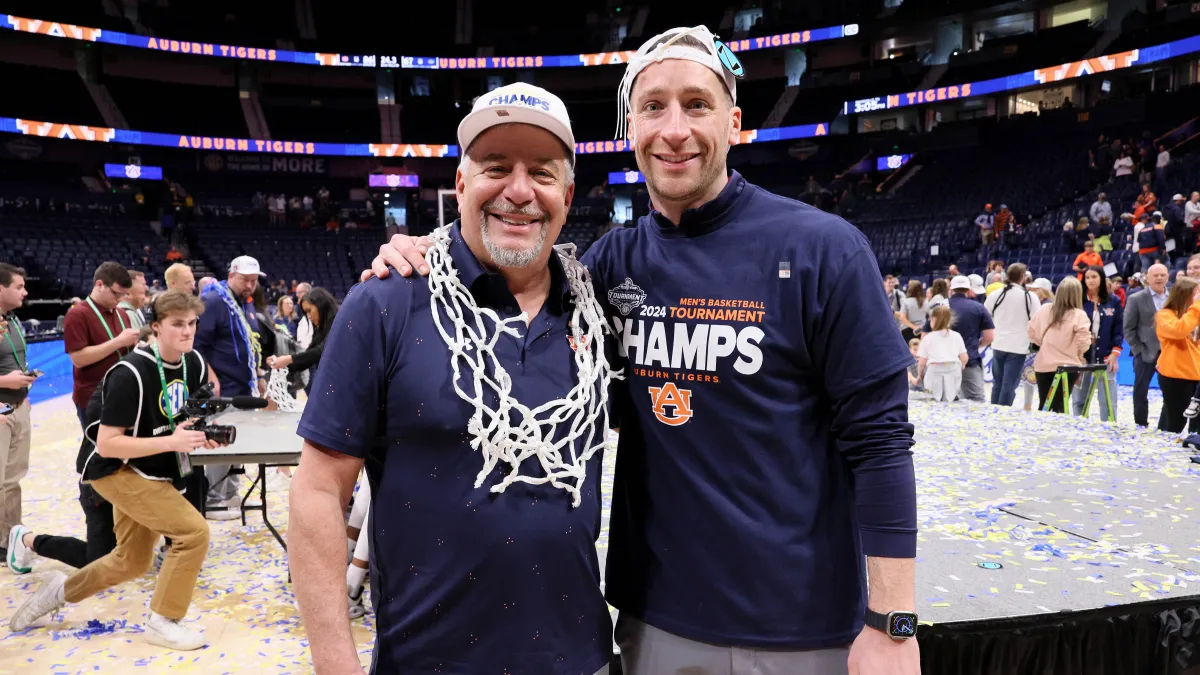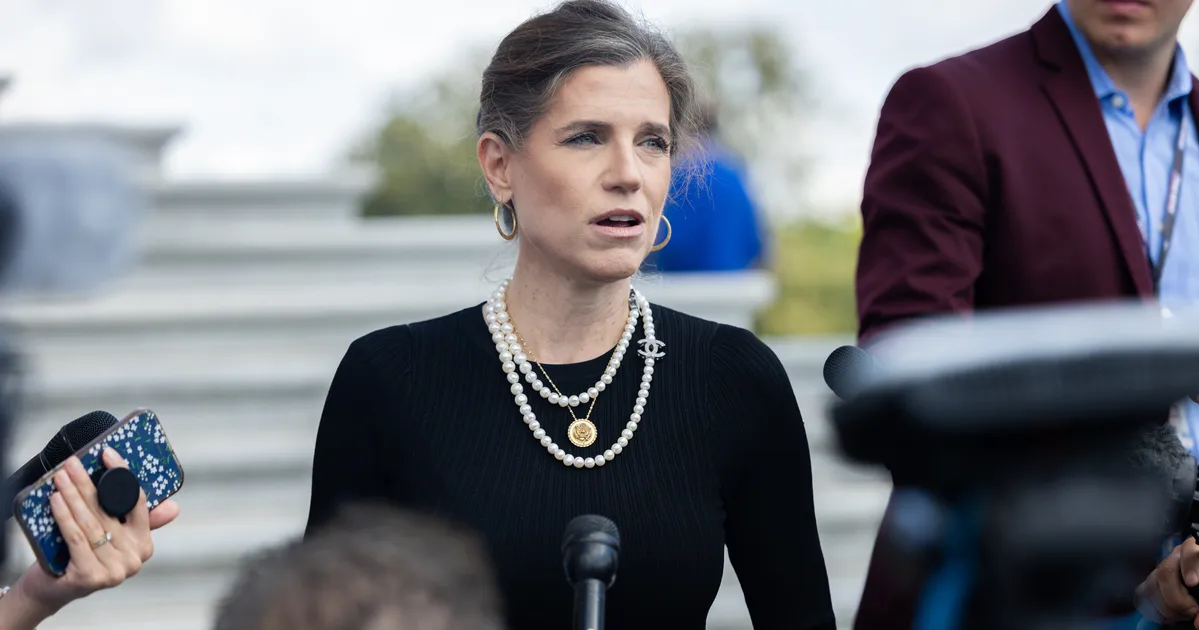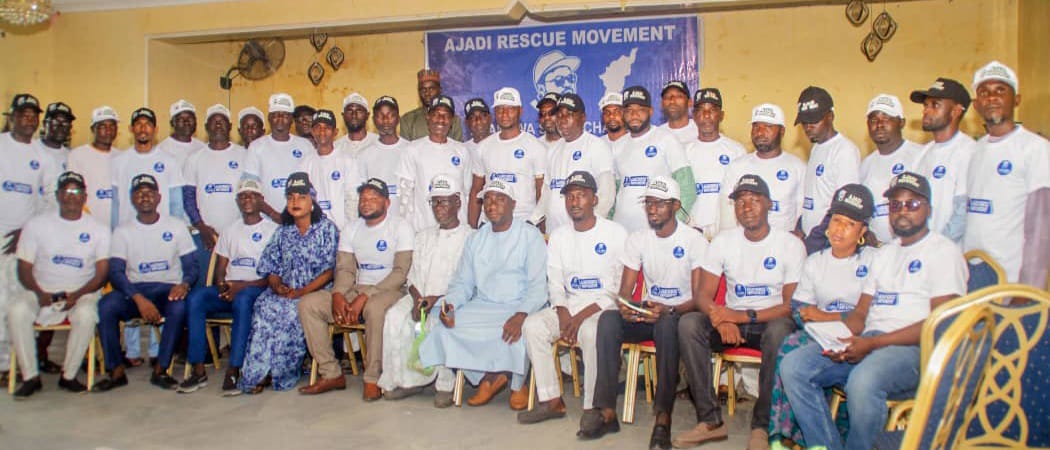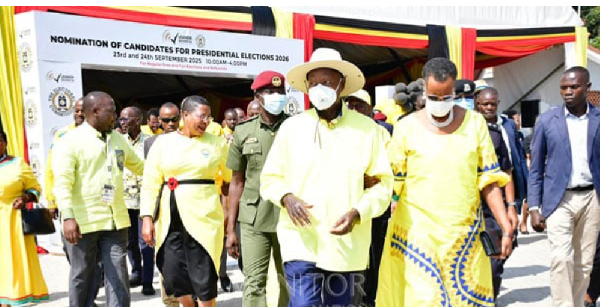BJP Slams Rahul Gandhi`s `Bike-Car` Analogy, Calling It Nonsensical; Asks Public To Decode His Logic
By Zee Media Bureau,Zee News
Copyright india
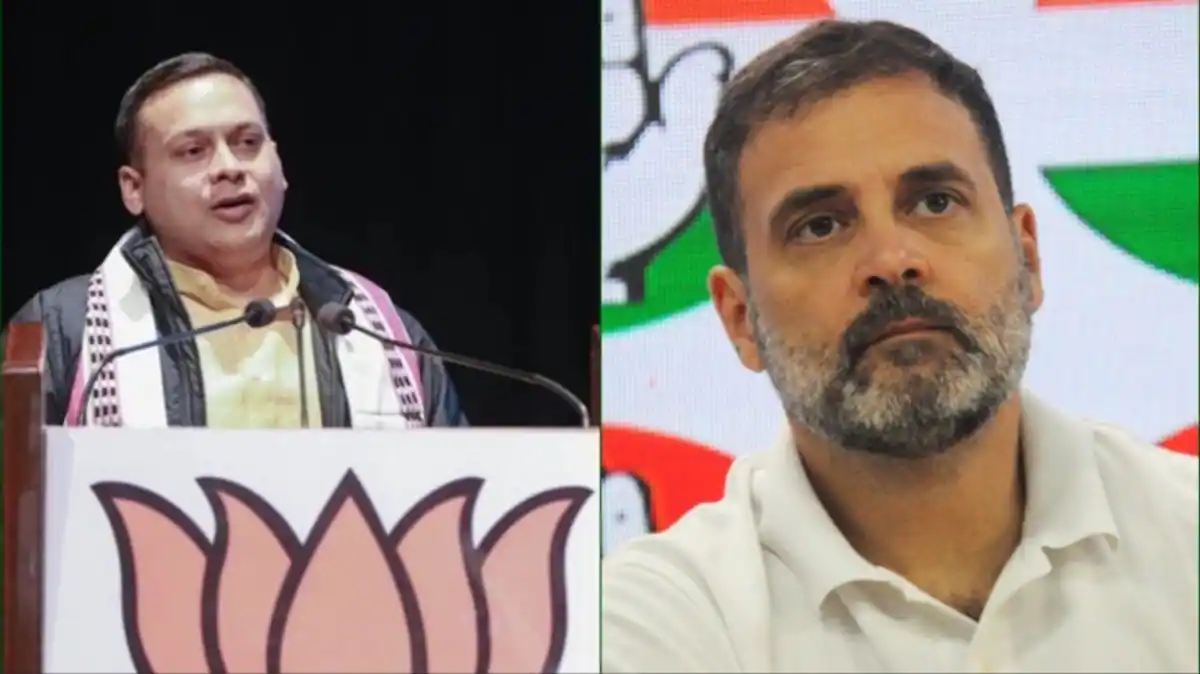
Bhartiya Janata Party leader and IT cell head Amit Malviya has strongly criticised Congress leader Rahul Gandhi for what he termed a “shallow” understanding of India’s struggle for independence. Malviya accused Gandhi of insulting the memory of freedom fighters by suggesting that India achieved independence without sacrifice or armed resistance.In a sharp statement shared on social media, Malviya wrote, “Rahul Gandhi’s understanding of India’s freedom struggle is as shallow as his politics. To say that India got freedom without sacrifice or armed struggle is not just ignorance, it is an insult to every martyr who laid down his life for Bharat.”Rahul Gandhi’s understanding of India’s freedom struggle is as shallow as his politics.To say that India got freedom without sacrifice or armed struggle is not just ignorance, it is an insult to every martyr who laid down his life for Bharat.Who does he think secured India’s… pic.twitter.com/OQIjCToHia— Amit Malviya (@amitmalviya) October 2, 2025Questioning who Gandhi believed secured the nation’s freedom, Malviya highlighted several pivotal moments and figures in the armed resistance against British colonial rule.He recalled the 1857 rebellion, where Mangal Pandey fired the first shot of defiance at Barrackpore, and leaders like Rani Lakshmibai of Jhansi, Tatya Tope, and Kunwar Singh took up arms against the British.Taking aim at Rahul Gandhi’s view of history, Malviya said, “Rahul Gandhi would like Indians to believe that freedom came through speeches, resolutions, and drawing-room debates. The truth is that it came from a blend of Gandhi’s mass movements and the firepower of India’s revolutionaries like Veer Savarkar, which shook British confidence and finally made the Empire pack up.”Malviya also pointed to early 20th-century revolutionaries in Bengal, mentioning Khudiram Bose and Prafulla Chaki, who attempted to assassinate British officials, and the likes of Barindra Kumar Ghosh and Ullaskar Dutt, both tried in the Alipore Bomb Case. He cited Madan Lal Dhingra, who shot Curzon Wyllie in London, and Rash Behari Bose, who orchestrated the Delhi Conspiracy Case.He concluded with a sharp rebuke, “For him to dismiss armed struggle is to erase the blood of Khudiram, Azad, Bhagat Singh, Sitarama Raju, Bose, and countless others. Freedom was not handed over; it was wrested. Rahul Gandhi needs a history lesson before he insults our martyrs again.”He further referenced Bagha Jatin, who died in an armed encounter with British forces in Balasore in 1915, and the Hindustan Republican Association, which included Ram Prasad Bismil, Ashfaqulla Khan, Rajendra Lahiri, and Roshan Singh, all executed following the Kakori conspiracy. Their compatriots Sachindra Nath Sanyal and Chandrashekhar Azad continued the revolutionary mission, with Azad famously choosing to die in a gunfight rather than surrender.Malviya reminded readers of the sacrifices of Bhagat Singh, Sukhdev, and Rajguru, who were hanged at 23 after their involvement in the Lahore Conspiracy and Central Assembly bombing.He also cited lesser-known yet significant figures: Alluri Sitarama Raju, who led the tribal Rampa rebellion in Andhra Pradesh; Birsa Munda, who resisted British exploitation in Jharkhand; and Kanakalata Barua, who was shot during a 1942 procession in Assam.Highlighting perhaps the most prominent armed challenge to the British, Malviya praised Netaji Subhas Chandra Bose, who, after escaping British detention, formed the Indian National Army (INA) and gave the call of “Chalo Dilli.” Bose’s forces included the Rani Jhansi Regiment, led by Captain Lakshmi Sahgal.He also mentioned the Anushilan Samiti, Ghadar Party, Berlin Committee, and other secret revolutionary groups that carried out bombings and armed resistance.
